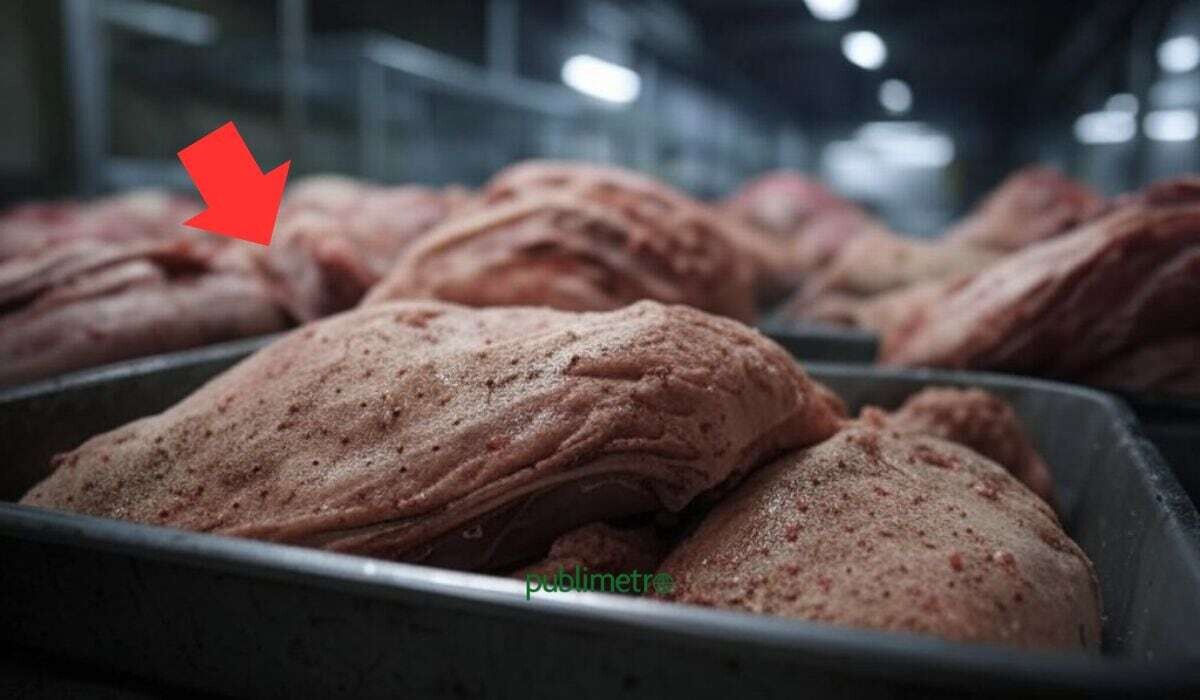
The health authorities of Mexico have detected fecal residues in meat from Spain, as well as other 382 irregularities in the slaughterhouses that export meat to this country. These findings were made public during an audit conducted by Mexico's National Service of Health, Safety and Agro-Food Quality (Senasica), carried out between November 22 and December 1, 2023.
During the inspection of 65 Spanish slaughterhouses and production plants, various anomalies were found, including fecal residues, flying insect infestations, animal welfare issues, and unsafe conditions for meat handling. Chains and rails with the presence of rust, grease, and dirt were identified, posing a risk to food safety.
Additionally, the audit uncovered condensation on the roofs of the facilities dripping onto the meat, which promotes the proliferation of bacteria such as listeria. There was also a lack of animal welfare observed during operations in the slaughterhouses, with pigs slipping and falling when being unloaded from the upper levels of trucks, with no measures taken to prevent it.
The organization Igualdad Animal has reported that the situation could be related to the removal of the mandatory role of the "production veterinarian" in Spain, making it optional. This role is essential for ensuring hygiene, biosecurity, proper use of veterinary medications, and animal welfare. The decision to make this oversight voluntary is due to agreements between the Ministry of Agriculture and agricultural and livestock organizations under the pretext of "flexibility measures."
Given the absence of strict oversight, there are fears that sanitary and animal welfare conditions in livestock operations, like those found in the audit, could worsen in the future. Mexican authorities have already warned about the public health risks posed by these irregularities in imported meat.













